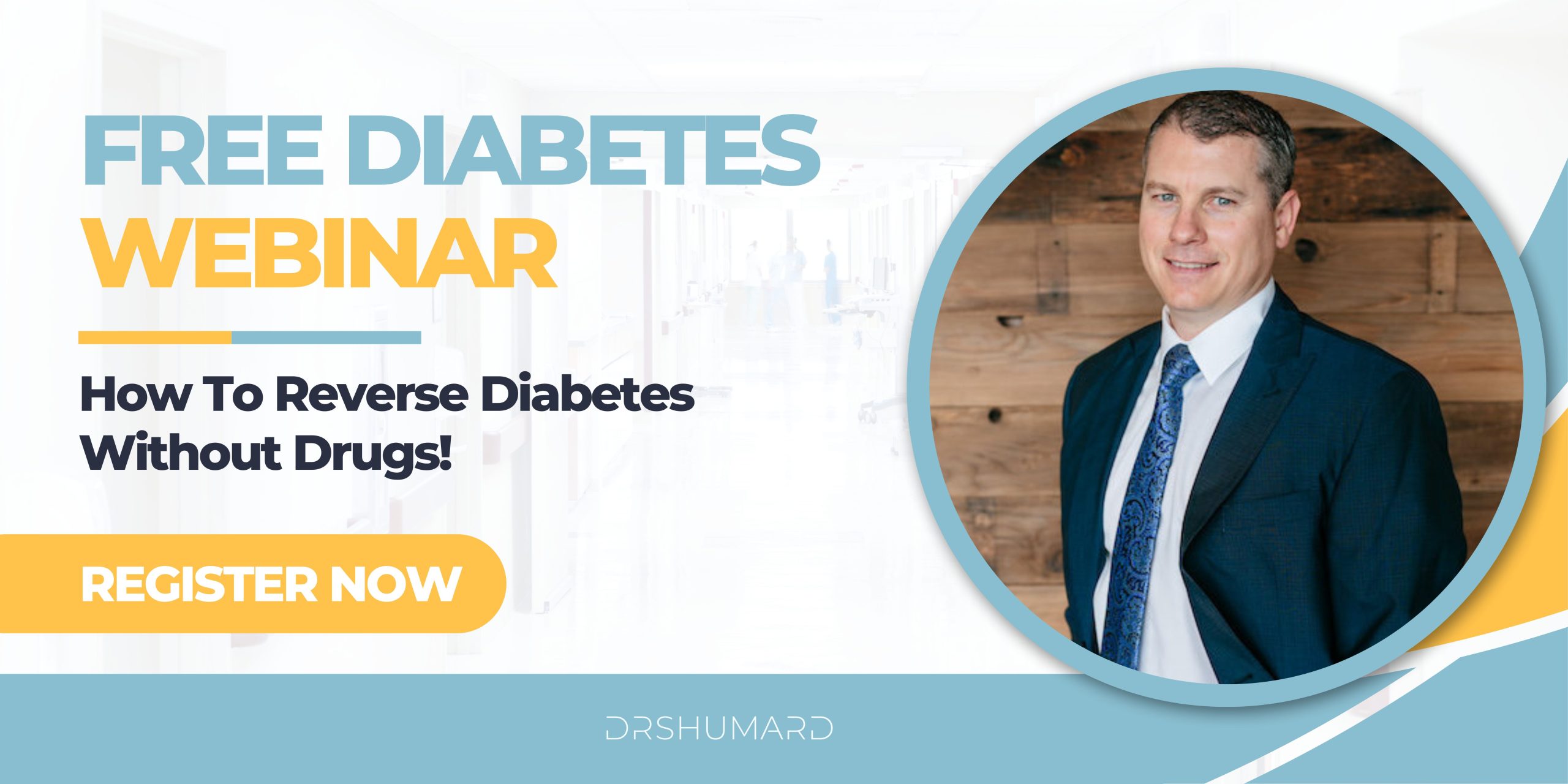
Now that the whirlwind of holiday parties, sumptuous feasts, and, of course, the flowing drinks comes to a close - how do you feel? Chances are, you're left feeling sluggish, bloated, and questioning if this cycle of indulgence is doing more harm than good.
That's where 'Dry January' steps in – a popular detox trend. But is abstaining from alcohol for just one month truly the answer to your woes?
The Impact of Alcohol on Your Body
Regular alcohol consumption, especially in excess, can significantly impact your body long-term (not just immediately after consuming a drink):
- Blood Sugar Spikes: Alcohol can cause immediate fluctuations in your blood sugar levels, ranging from dangerous spikes to sudden drops, especially for those managing diabetes.
- Chronic Inflammation: Alcohol can trigger an inflammatory response in your body, which over time can contribute to a host of health issues, including exacerbating diabetes symptoms.
- Toxin Buildup in the Liver: Consistent drinking puts immense pressure on your liver, the organ responsible for filtering toxins. This can lead to impaired liver function, affecting overall metabolism and insulin sensitivity.
The Myth of 'Dry January'
Participating in Dry January might seem like a beneficial way to reset your body, but is it enough? The reality is:
- Eliminating alcohol for just one month might provide short-term benefits, but it's unlikely to offset the long-term effects of regular drinking.
- The body needs more time to recalibrate and recover from the impacts of alcohol, especially when it comes to liver health and insulin sensitivity.
- A month-long break might not be sufficient to see significant changes in blood sugar levels or reverse the effects of chronic inflammation.

Long-Term Strategies Over Short-Term Fixes
Rather than focusing on a temporary fix, consider these practical and mindset tips to reduce or eliminate alcohol consumption for good:
- Understand Your Triggers: Identify what prompts you to drink and find healthier ways to avoid or address those triggers.
- Set Realistic Goals: Start with small, manageable goals and gradually work your way up.
- Seek Support: Whether it's friends, family, or support groups, having a network to lean on can make a significant difference.
- Find Alternatives: Experiment with non-alcoholic beverages or activities that provide enjoyment without alcohol.
- Mindful Drinking: Be conscious of why and how much you drink, and be honest with yourself about its impact on your health.
- Reward Progress: Celebrate milestones in your journey to reduce your alcohol intake.
- Consult Health Professionals: Work with experts who can guide you through the process with tailored advice and support.
Embracing a Healthier Lifestyle
Let's rethink the concept of Dry January. Instead of viewing it as a one-off annual reset, consider it as the first step in a longer journey towards better health. Remember, cutting down on alcohol is not just about one sober month but about creating sustainable habits that support your overall well-being, including your blood sugar management.
You have the power to make a change, not just for January but for a lifetime of health and vitality.
